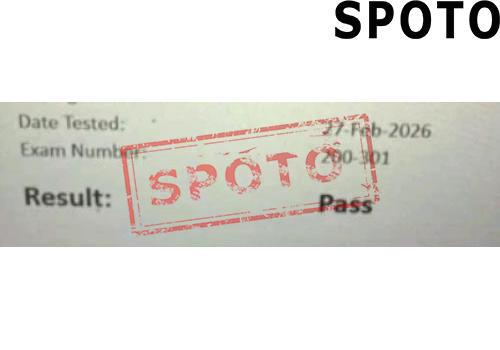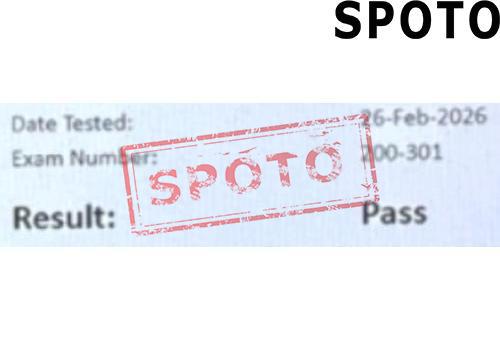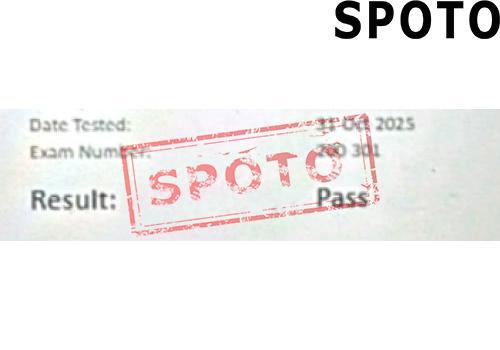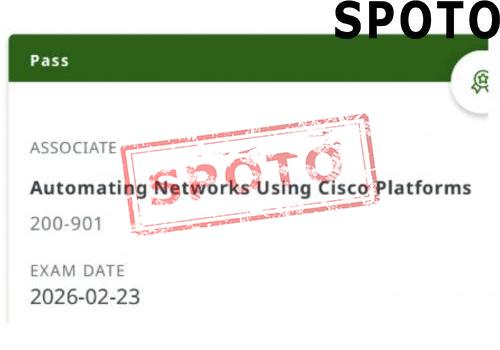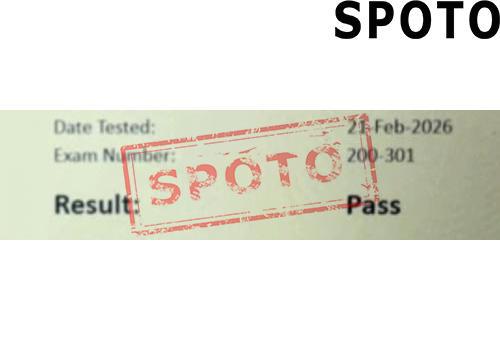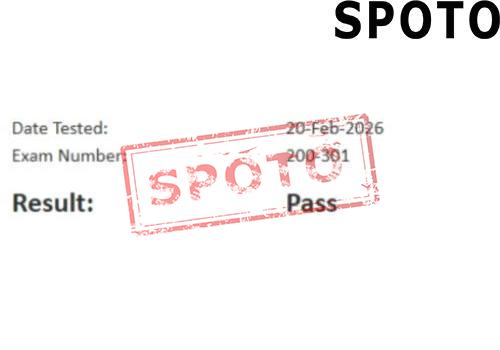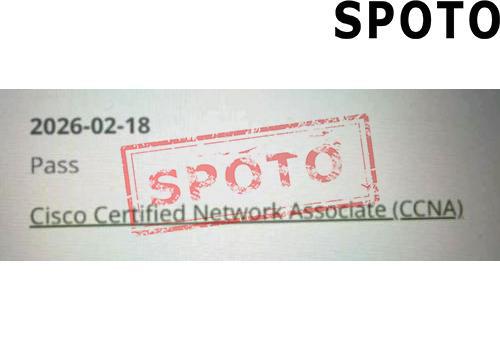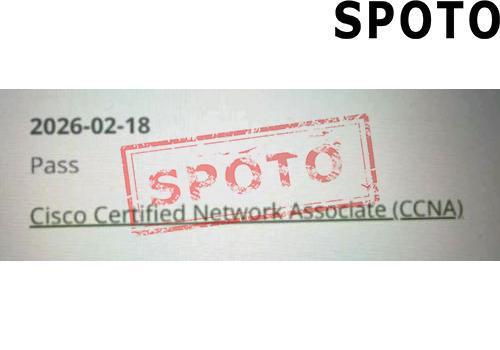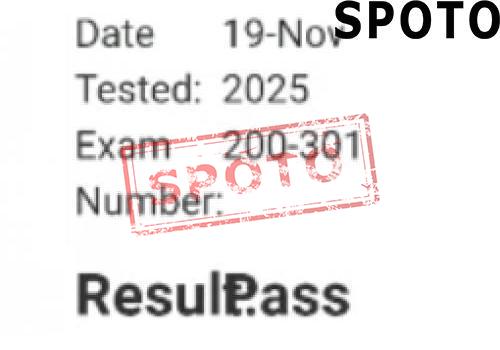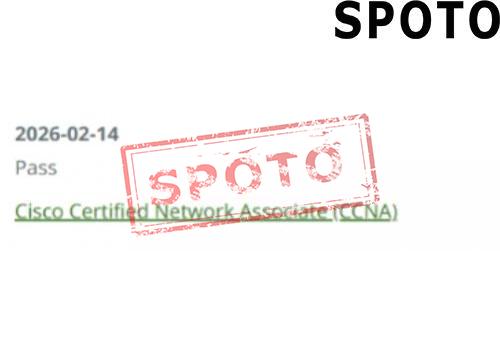
Table of Contents
The Cisco Certified Network Associate (CCNA) certification is a significant milestone for IT professionals aiming to excel in networking. Recognized globally, this credential validates the ability to configure, manage, and troubleshoot networks. A common query among those aspiring to achieve this certification is: How much time should you dedicate to studying for CCNA?
The answer depends on several factors, such as prior experience, the study approach, and available time. This article breaks down these considerations to provide IT professionals with a roadmap for their CCNA preparation.
Key Factors Affecting Study Time
1. Previous Knowledge and Experience
- Seasoned IT Professionals: Those with a solid foundation in networking, familiarity with Cisco devices, or related roles may only need 1-2 months of preparation.
- Beginners: Those new to networking typically require 3-4 months to build the necessary understanding of core concepts like IP addressing, subnetting, and network protocols.
2. Study Commitment
- Full-Time Students: Individuals dedicating substantial daily hours to their studies can prepare in a shorter timeframe, often within 1-2 months.
- Part-Time Students: Professionals juggling work and studies may need 3-6 months, depending on the consistency and intensity of their efforts.
3. Quality of Study Materials
Using the right resources significantly influences preparation time. Cisco's official study guides, video tutorials, and lab simulations provide focused and reliable content that accelerates learning.
4. Learning Style
- Visual Learners: Benefit from video content that breaks down complex topics into digestible visuals.
- Hands-On Learners: Practical lab exercises, requiring additional setup and repetition, are crucial for mastering CCNA's technical aspects.
General Preparation Timeline
While individual circumstances vary, most professionals' study journeys for CCNA can be categorized into three distinct phases:
1. Building the Basics
Start with foundational networking topics, including the OSI and TCP/IP models, device configurations, and basic network communication. This phase typically lasts a few weeks to a couple of months, depending on prior knowledge.
2. Mastering Advanced Topics
Move on to more challenging areas like routing protocols, VLANs, IP addressing, and subnetting. These are critical for passing the exam and demand rigorous practice. Expect to spend 1-2 months in this phase.
3. Applying Knowledge Through Practice
The final stage involves mock exams, lab simulations, and review. Tools like Cisco Packet Tracer, GNS3, and SPOTO's virtual labs simulate real-world scenarios and solidify practical skills. Allocate 3-4 weeks for this phase to identify and address any gaps.
Effective Strategies for CCNA Preparation
1. Prioritize Practical Learning
CCNA emphasizes hands-on skills, so invest time in lab simulations. Tools like Cisco Packet Tracer, GNS3, and SPOTO's virtual labs provide environments to replicate real-world scenarios.
2. Leverage Online Resources
- Video tutorials from platforms such as Udemy and CBT Nuggets simplify complex concepts.
- Engage with online forums like Reddit's r/ccna or Cisco Learning Network for peer advice and additional resources.
3. Take Mock Exams
Mock tests help simulate the exam environment and gauge readiness. Aim for consistent scores of 85% or higher before scheduling your actual test.
4. Focus on Weak Points
Pay extra attention to challenging areas like subnetting, routing protocols, or troubleshooting. Regular practice and revisiting these topics ensure steady improvement.
5. Create a Study Plan
Organize your study time by setting weekly goals. Divide topics into manageable sections to prevent burnout and track progress effectively.
Overcoming Common Challenges
1. Balancing Work and Study
IT professionals often struggle to find sufficient study time.
- Solution: Establish a fixed schedule with dedicated study sessions. Utilize small time slots during breaks or commutes for quick reviews.
2. Handling Complex Topics
Concepts like subnetting and routing protocols can be daunting.
- Solution: Break these down into smaller sections. Use visual aids and tutorials to reinforce understanding.
3. Staying Motivated
Lengthy preparation periods can lead to waning enthusiasm.
- Solution: Celebrate small wins and join study groups for motivation. Peer discussions can also clarify doubts and enhance learning.
Why is CCNA Worth the Effort?
Achieving the CCNA certification validates your skills and enhances career prospects in roles such as Network Administrator or Junior Network Engineer. Furthermore, it lays a robust foundation for pursuing advanced Cisco certifications like CCNP or CCIE.
While preparation time varies, the career growth and opportunities it unlocks make the investment of time and effort worthwhile.
Conclusion
The duration IT professionals should spend studying for CCNA depends on experience, study habits, and resource availability. With a structured approach, most candidates can prepare effectively within 2-6 months.
Whether you're new to networking or looking to solidify your expertise, CCNA is an investment in your future. Dedicate time and effort, and you'll be well-equipped to succeed in the exam and advance in your IT career.
